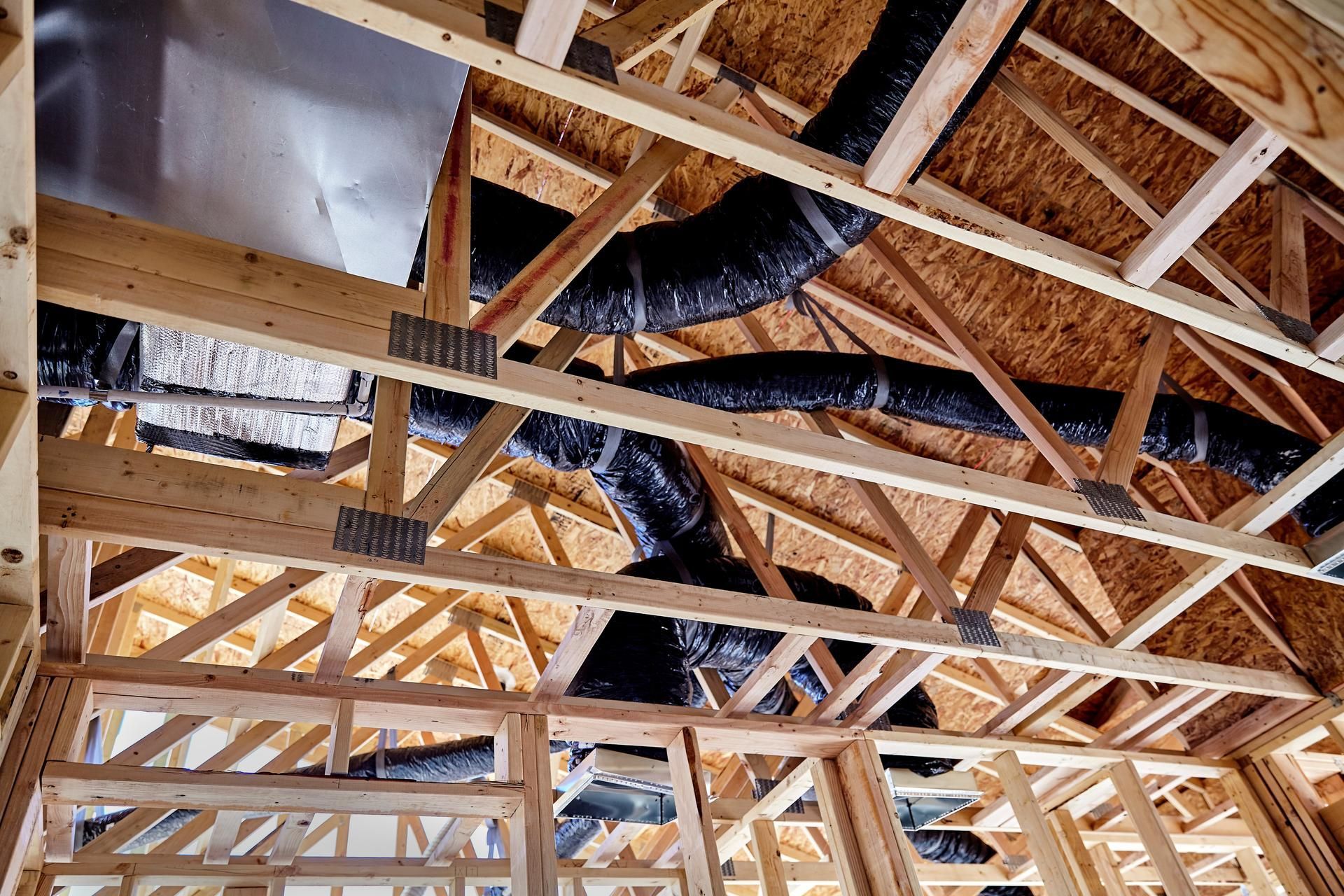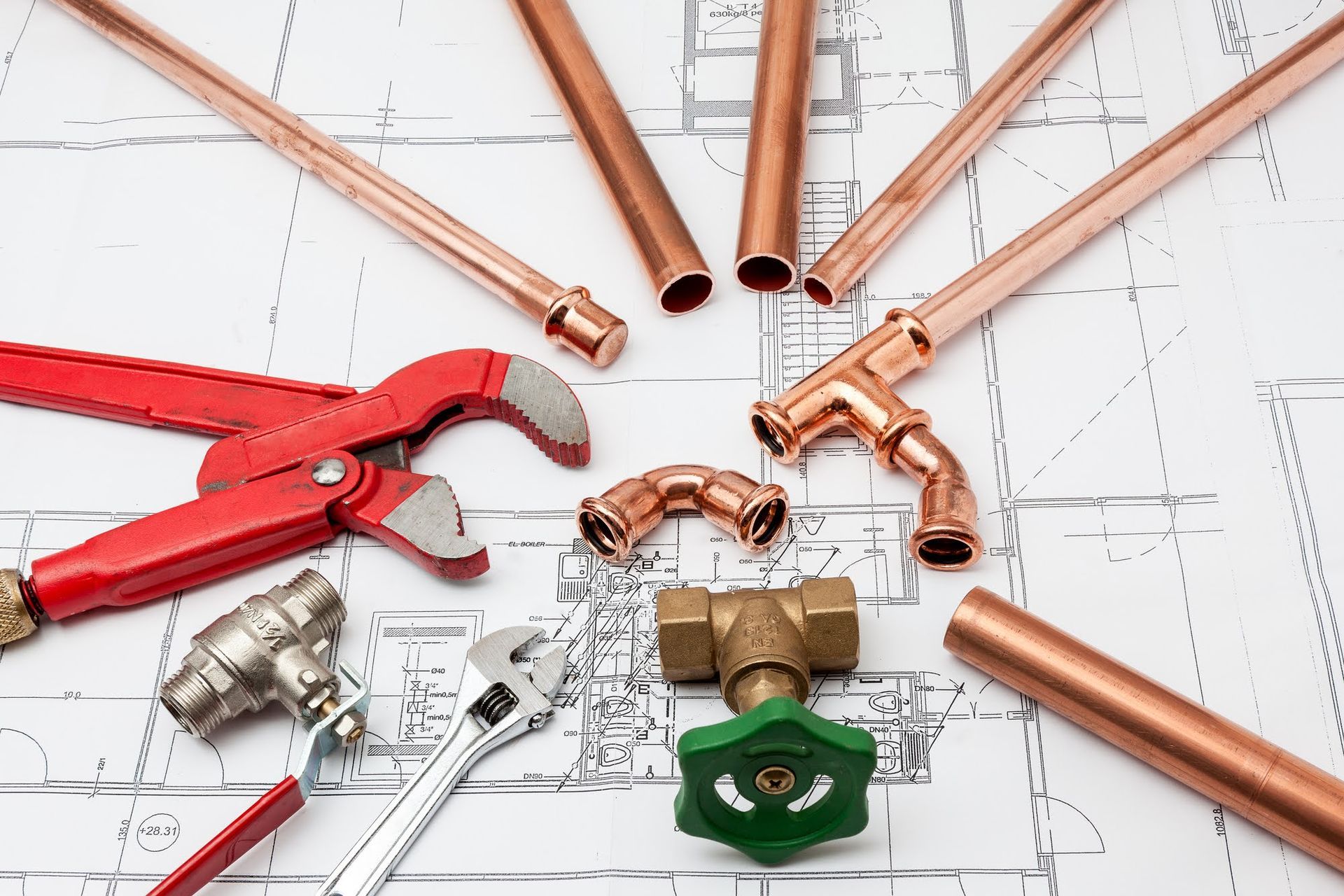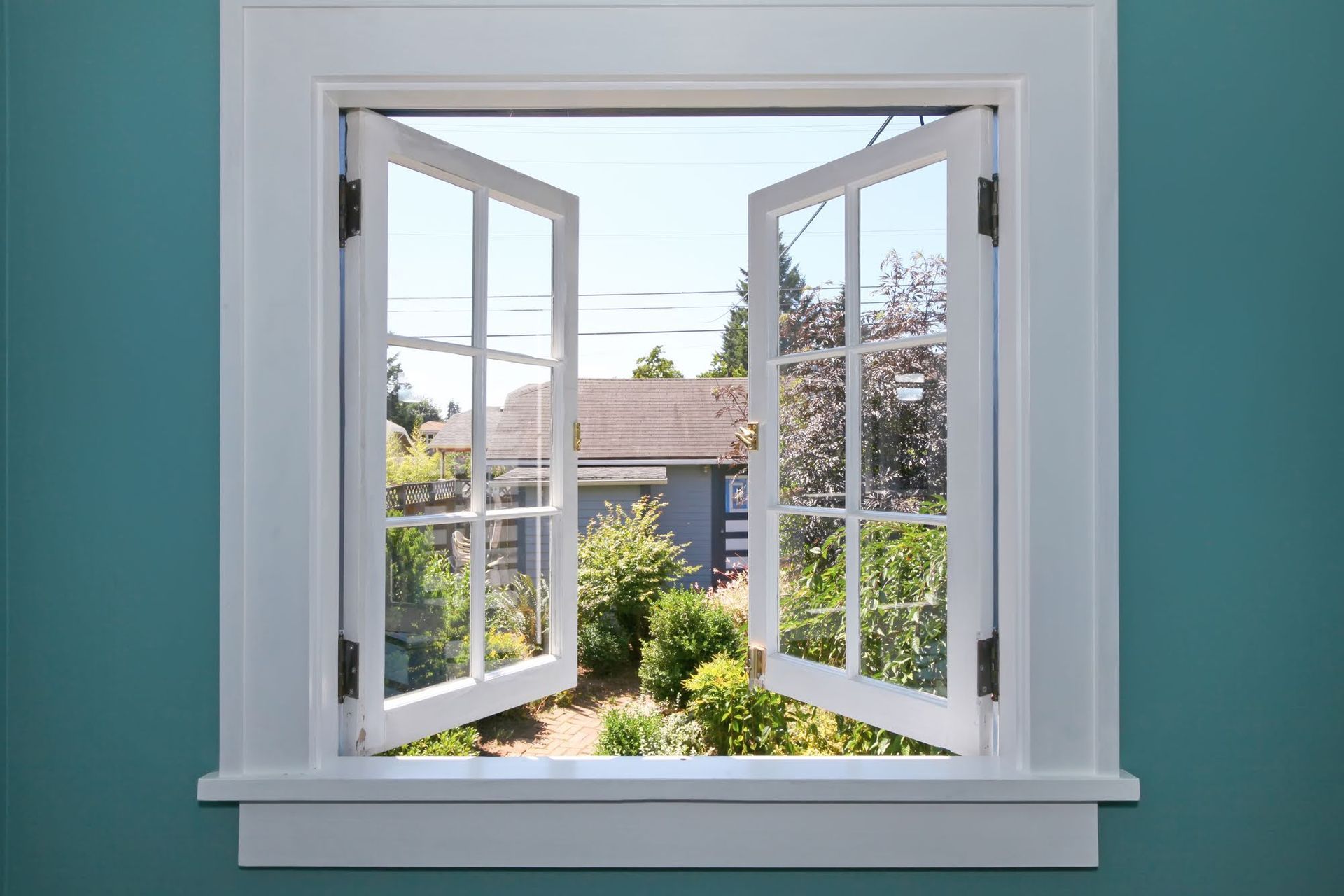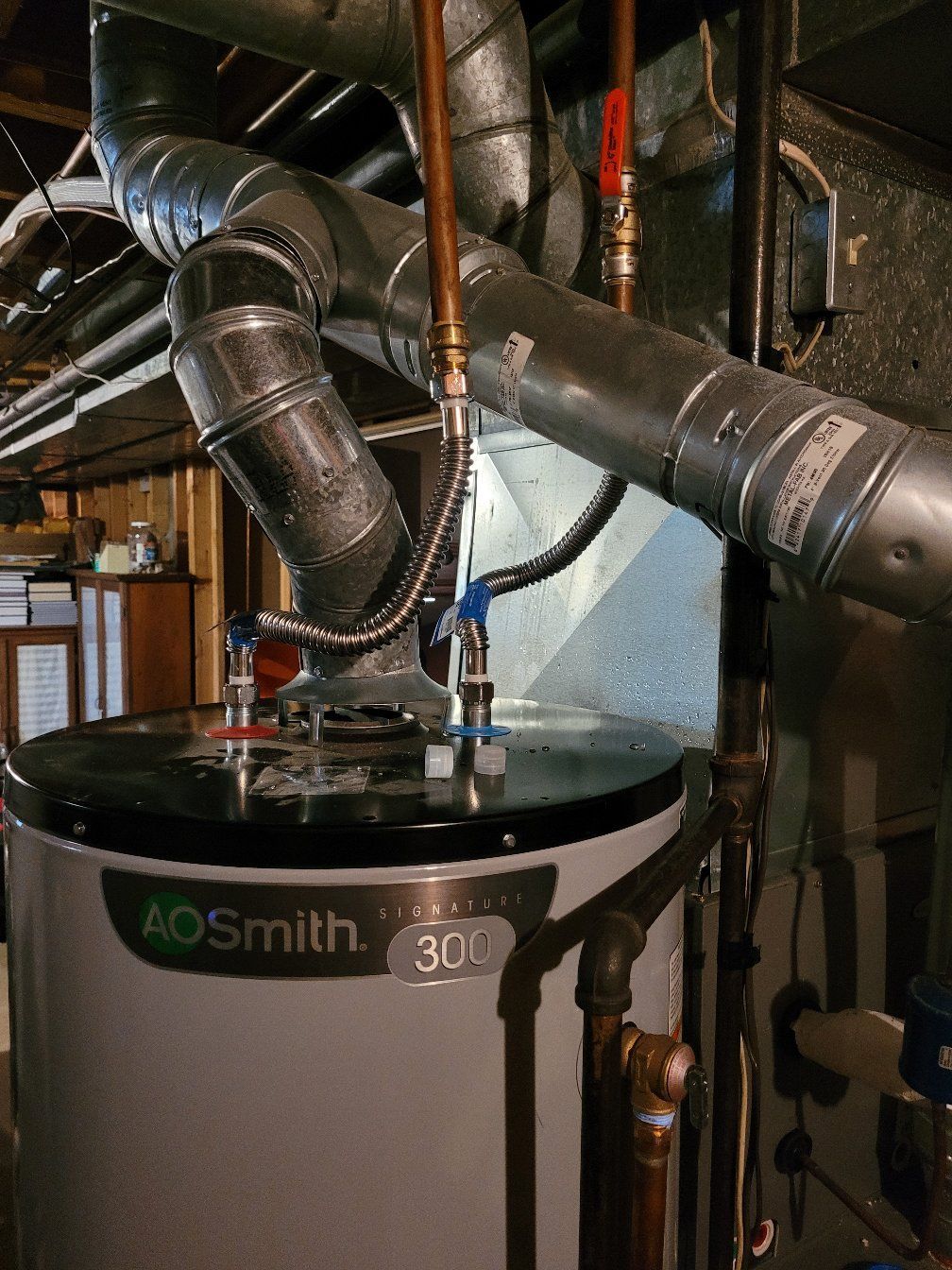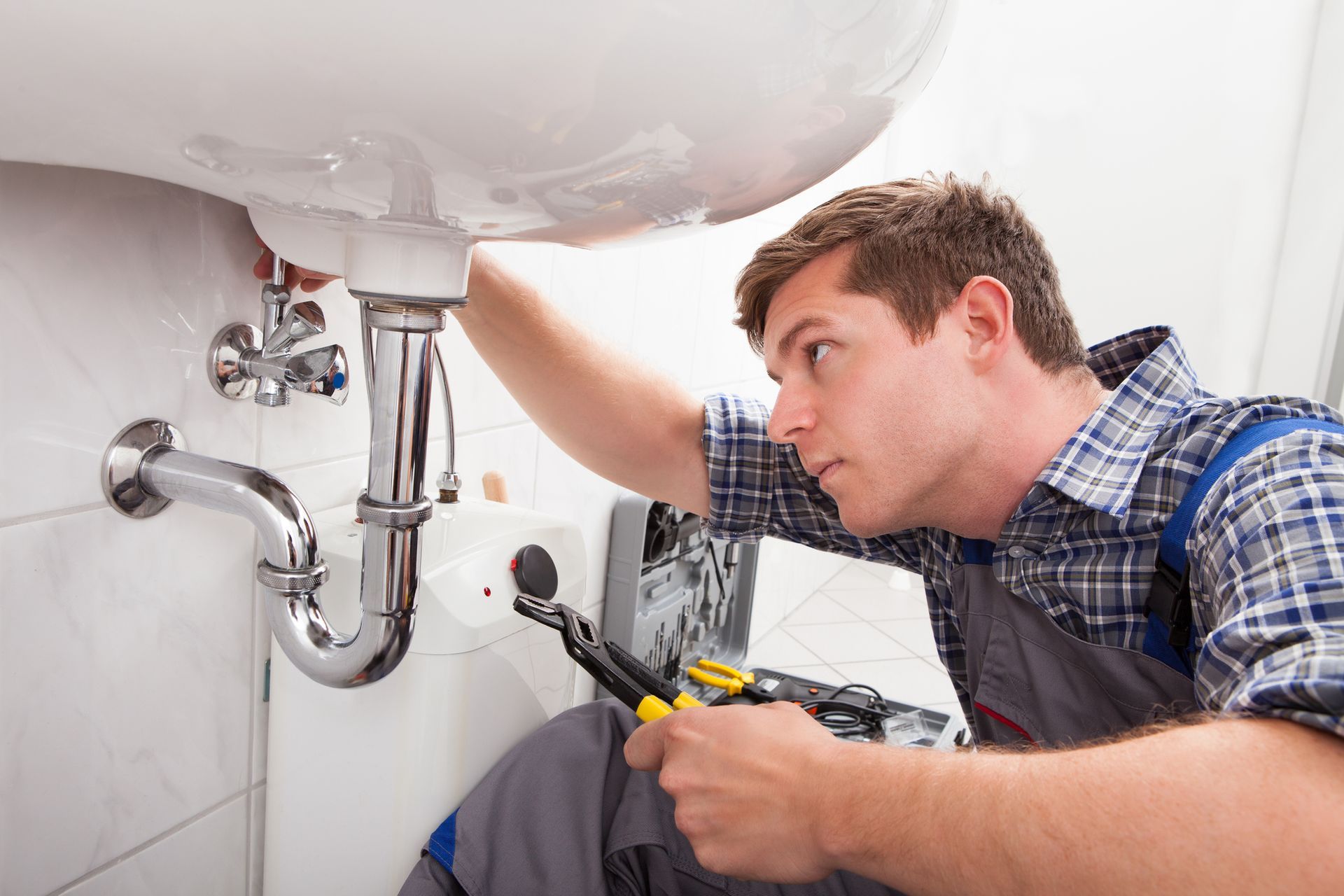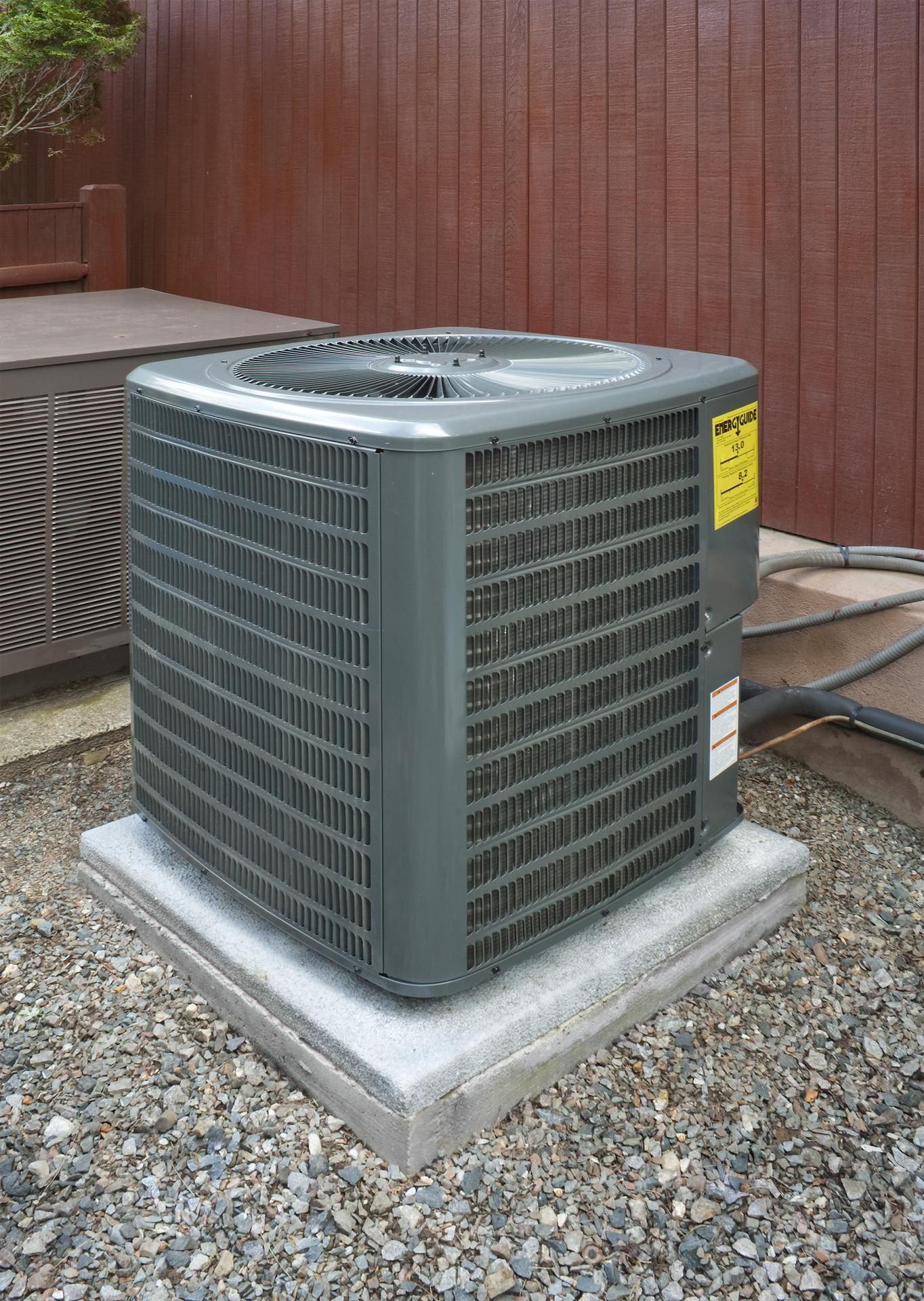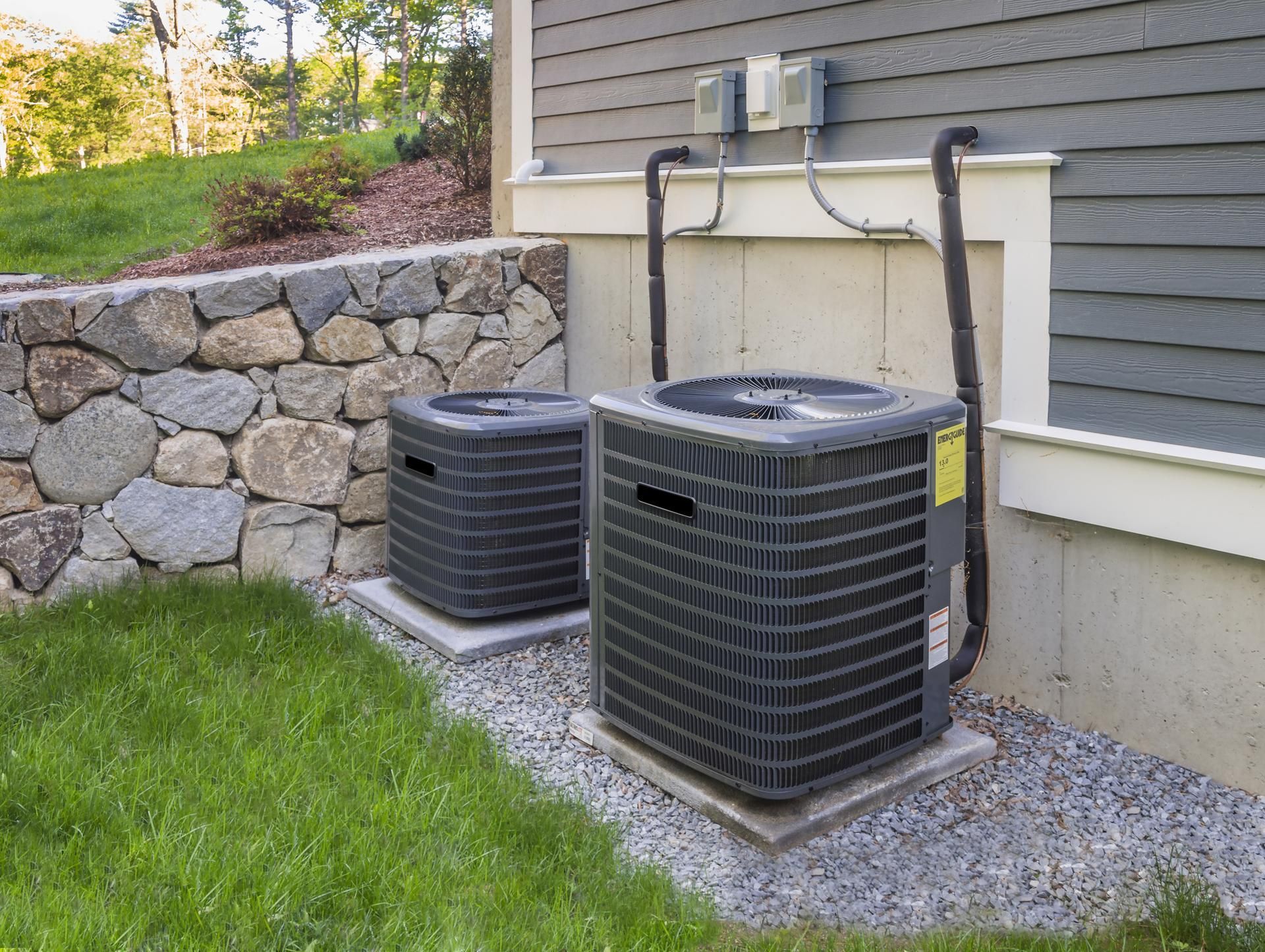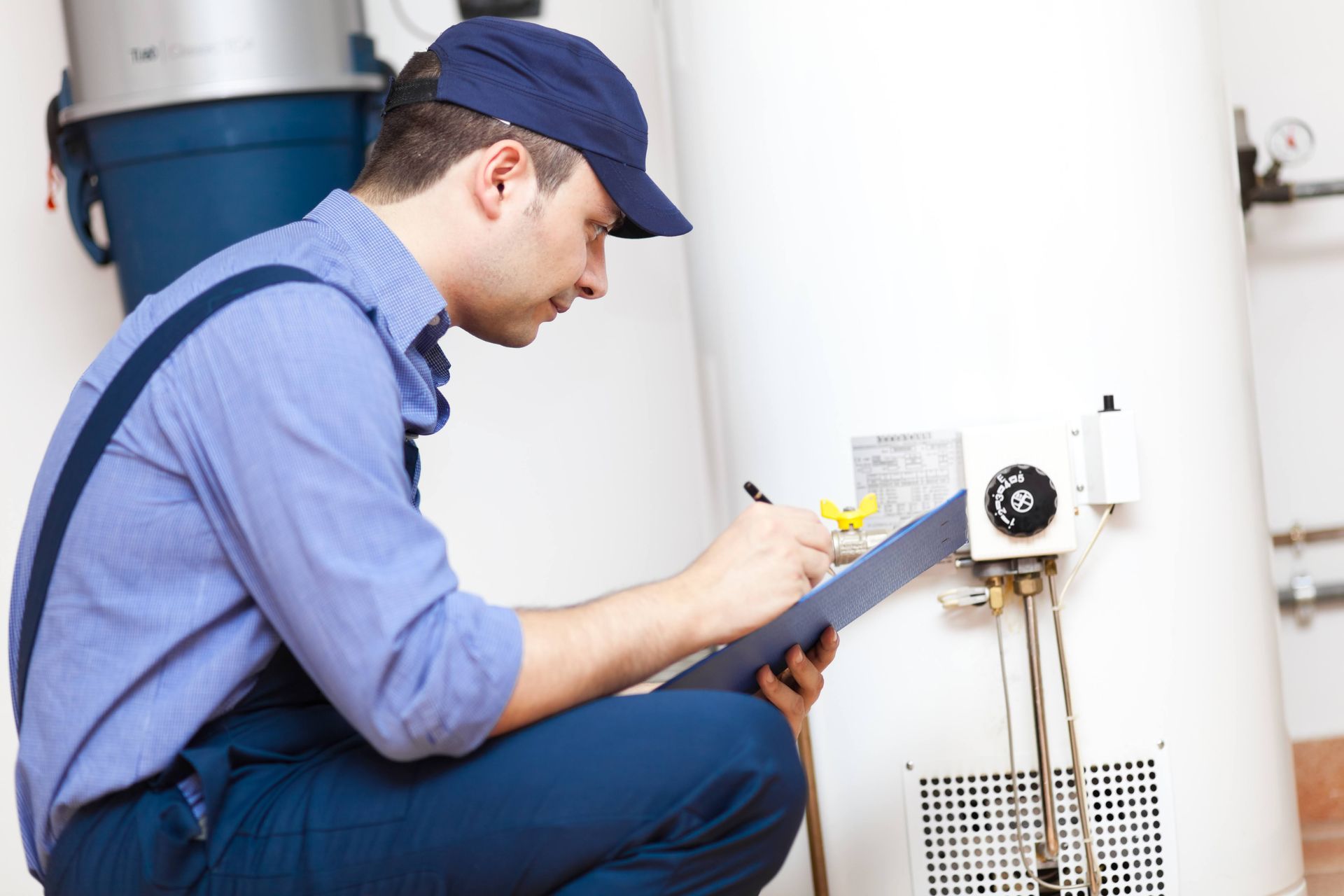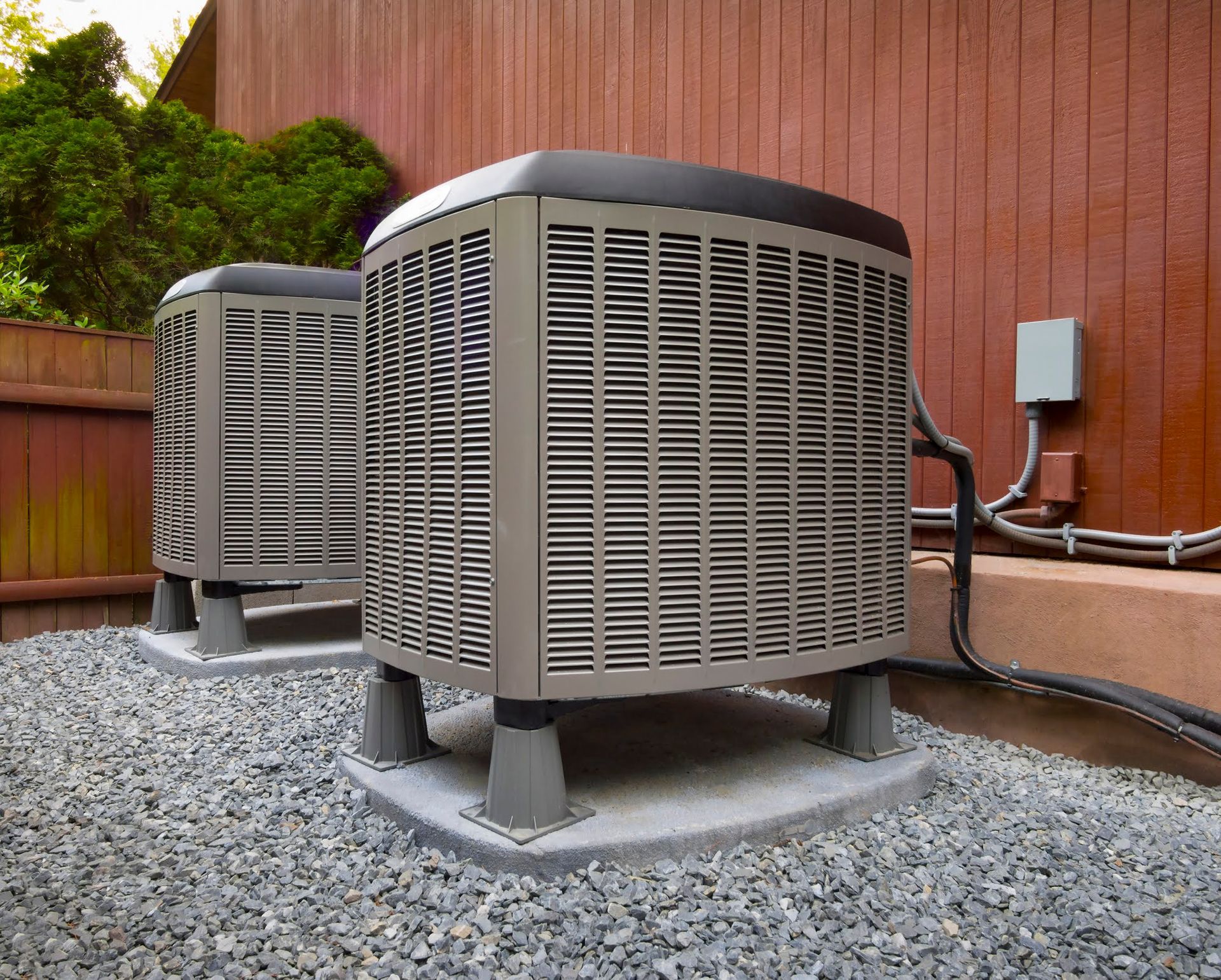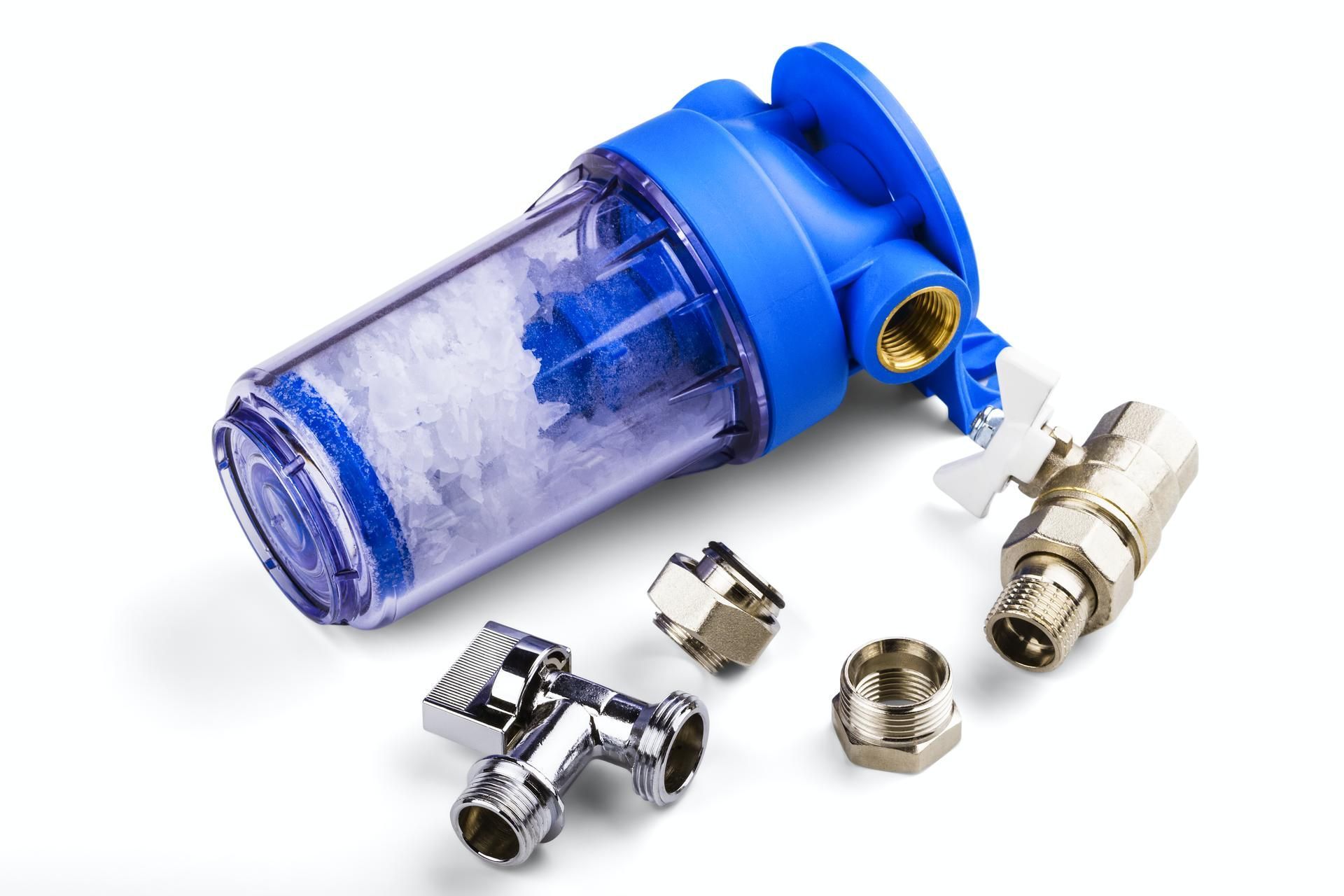Signs Your Water Softener Needs Repair
Water softeners play a crucial role in maintaining the quality of water in your home. They help minimize the negative effects of hard water by removing minerals like calcium and magnesium. When your water softener isn't functioning properly, it can lead to various issues in your household. Knowing the signs that your water softener needs repair can save you from costly damages and ensure that your home's plumbing system remains in optimal condition.
Hard Water Stains and Buildup
One of the most obvious signs of a malfunctioning water softener is the return of hard water stains and mineral buildup on your fixtures and dishes. If you notice white, chalky deposits on faucets, showerheads, or glassware, it's likely that your water softener isn't effectively removing minerals. If left unaddressed, this issue can lead to more significant plumbing problems over time.
Soap Scum and Reduced Lather
A properly functioning water softener allows soap to lather easily, making your cleaning routines more efficient. If you're suddenly struggling with soap scum in the shower or noticing that soap isn't lathering as it should, your water softener might be the culprit. Hard water prevents soap from dissolving entirely, resulting in frustrating residue and lackluster cleaning performance.
Inefficient Appliance Performance
Home appliances like dishwashers and washing machines can become less efficient when dealing with hard water. If your appliances are using more detergent than usual or not cleaning as effectively, your water softener may need attention. Over time, hard water can cause scale buildup inside appliances, reducing their lifespan and efficiency.
Changes in Water Pressure
Reduced water pressure throughout your home could indicate an issue with your water softener. Mineral accumulation within pipes due to hard water can restrict water flow, leading to decreased pressure. If you've noticed a sudden drop in water pressure, consider checking your water softener for potential problems.
Odd Tasting or Smelling Water
A change in taste or odor of your water can be a sign that your water softener isn't working correctly. It may mean that minerals are not being adequately removed, affecting the quality of your water. If your water tastes metallic or has an unusual smell, it's essential to address the problem promptly with a water softener repair service.
Resin Bead Leakage
Inside your water softener, resin beads play a vital role in capturing hard water minerals. Over time, these beads can wear out or break down, causing them to escape into your water supply. If you notice small beads in your water, it's a clear indication that your water softener requires repair or maintenance.
Increased Water Bills
A sudden spike in your water bills can also suggest an issue with your water softener. If the unit isn't functioning efficiently, it may lead to increased water usage as the system struggles to soften the water. Regular maintenance can help prevent such issues and keep your water bills in check.
Frequent Regeneration Cycles
Water softeners typically go through regeneration cycles to cleanse the system of accumulated minerals. If your unit is regenerating more frequently than usual, it may indicate a malfunction. This can result in increased salt consumption and reduced efficiency, both of which are signs that a professional inspection is needed.
Staying vigilant about the signs that your water softener needs repair can save you time, money, and unnecessary headaches. From hard water stains to changes in water pressure, each indicator requires timely attention. By ensuring your water softener functions optimally, you contribute to a healthier and more efficient home environment.
If you notice any of these signs, contact us at American Services. Our specialists will have your water softener up and running in no time.



